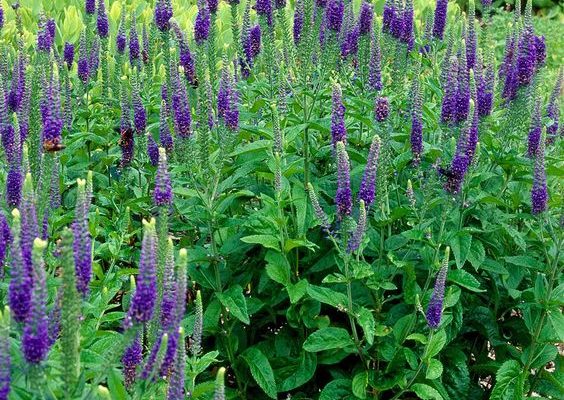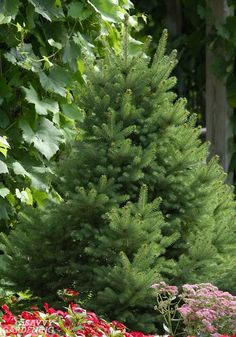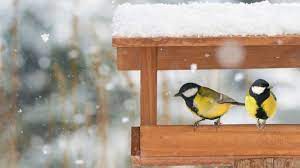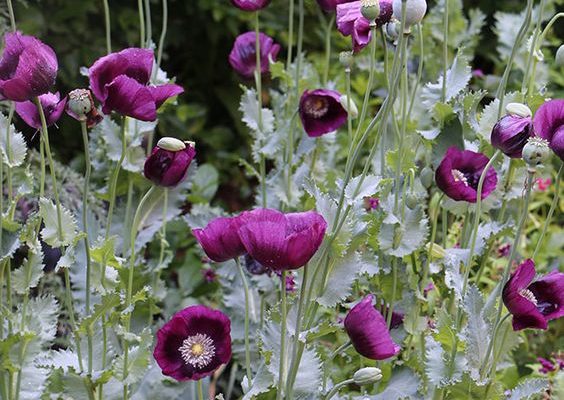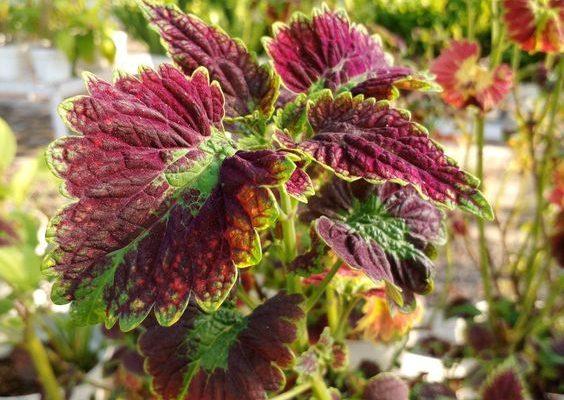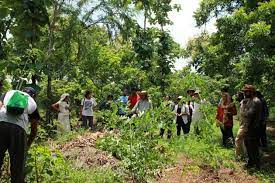What Is the Best Soil Type for Monsteras? A Plant Expert Explains What To Look For
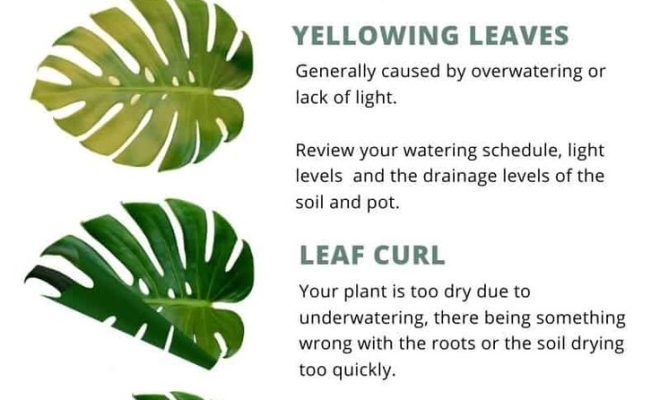
Monsteras, popularly known with their full name Monstera deliciosa and nicknamed Swiss cheese plants due to their characteristic leaf holes, are tropical plants that have climbed the ranks of popularity for indoor gardeners. A plant expert will tell you that the key to a thriving Monstera is largely dependent on the right type of soil. The best soil type for Monsteras should be one that closely mimics their native tropical environment.
Aeration and Drainage: First and foremost, Monsteras require well-draining soil. Since these plants are native to tropical rainforests, they’re adapted to environments where the soil is rich but water does not stagnate at the roots. Therefore, a chunky, airy potting mix is ideal. Something with components like pine bark fines or coco coir chunks can provide the necessary air spaces for the roots to breathe.
Organic Matter: Nutrient-rich organic materials are an essential aspect of soil for Monsteras. A mixture containing peat moss or coco coir mixed with compost or worm castings can offer a nutritious base that holds moisture without becoming soggy.
pH Level: The pH balance is also crucial; Monsteras prefer slightly acidic to neutral pH levels. Aim for soil with a pH range of approximately 5.5 to 7. A balanced pH ensures that nutrients are available to your Monstera, which promotes robust health and growth.
Soil Amendments: For extra drainage and aeration, adding perlite or vermiculite can be beneficial to prevent compacted soil which leads to waterlogging – a common issue that can cause root rot in these plants.
Repotting Frequency: As part of your care routine, refreshing or changing the soil every couple of years can replenish nutrients that have been used up. This also gives you an opportunity to inspect the roots for health and ensure they have enough room to grow.
The commercial “Monstera” or “Aroid” mixes available in the market could serve as a convenient option if they contain these main elements. Alternatively, constructing your own blend gives you control over the precise composition; many gardeners opt for one part peat or coco coir, one part pine bark, and one part perlite as a basic framework.
In summary, when it comes to picking the best soil type for your Monstera, look for a mix that provides plenty of drainage and aeration, contains rich organic matter, maintains a slightly acidic to neutral pH level, and perhaps most importantly emulates their natural tropical habitat as closely as possible. With the appropriate soil conditions combined with proper sunlight and watering routines, your Monstera is set to flourish inside your home.

